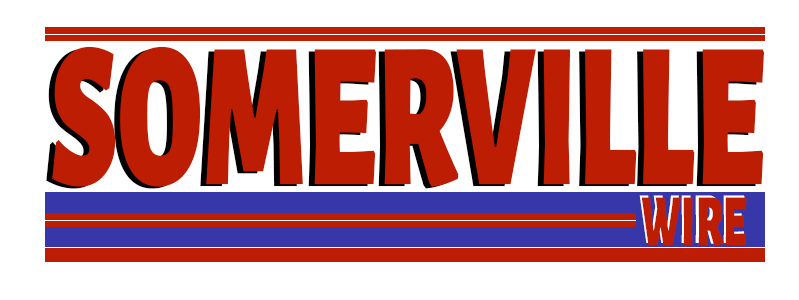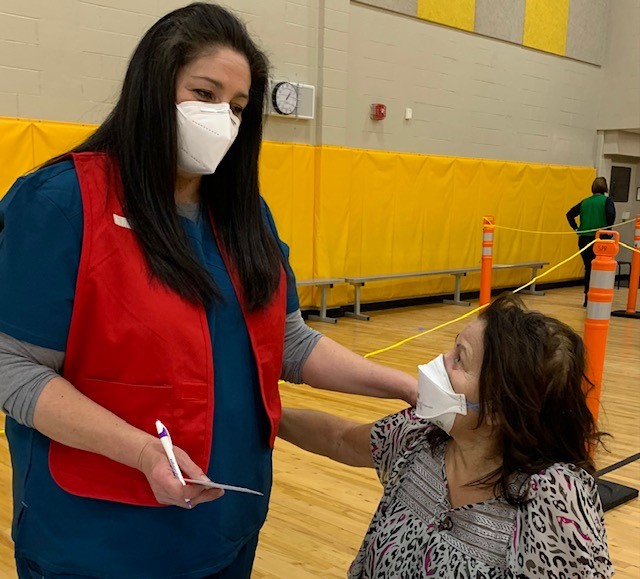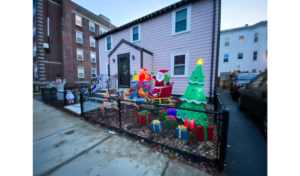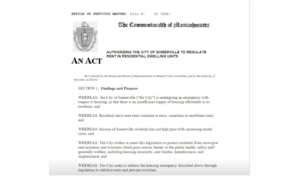Accessibility is further complicated by cultural, linguistic, and structural differences
(Somerville Wire) – Getting the COVID-19 vaccine is not an easy process for immigrants, even in a progressive city like Somerville. Facing language barriers, transportation obstacles, and a digital divide, the difficulties around access are compounded when considering individuals’ own personal fears and uncertainties. According to Ben Echevarria, executive director of the Welcome Project, the information coming out from the State has not been systematic or predictable, leading many immigrant families and residents to ask, what is going on?
“The problem that Somerville had—just like everyone else—was that there really wasn’t a great rollout in immigrant or other language communities, in terms of information about COVID and everything else,” said Echevarria. “I think of the City’s current rollout, of the vaccine program, is that they have been a lot stronger with it. Once they got up and running, the text service quickly went out to people, the emails and all that.” He added, “But nobody has really been focused on the barriers in the sense of the misinformation and the cultural context of these things. We haven’t seen rollouts of information talking about how safe they are.”
According to Judy Neufeld, who has led the City’s Immigrant Services Unit during the pandemic, people who do not speak English as a first language may struggle to navigate the process of getting a vaccine. Others may not have access to computers or the internet, while not having a vehicle to safely take oneself to a vaccination site can also result in challenges. The City has taken steps to address these conditions—for example, establishing a multilingual call in line, as well as temporary vaccine clinics in Somerville—but many of the hurdles are still present.
“I think the main barriers that we’re seeing are around accessing the vaccine doses: the transportation, the lack of healthcare providers, the language challenge, and the internet, or digital divide,” said Neufeld. “Those are very real. And even as supply increases, that’s still going to be a challenge for us that we’re trying to overcome.” She added, “We’ve been able to provide that wraparound model and make sure people get [to the site] on time, have access to folks who speak their language, and that’s not always true with the State model right now. I do think it’s still a challenge, and we’re trying to figure out how to get through it.”
Echevarria said that vaccine hesitancy is common in immigrant populations, particularly among those who may be religious. Many immigrants are highly religious, he stated, and in Christian communities, they may believe that the vaccine is the “mark of the beast.” He explained that the cultural context is important, with many groups receiving misinformation from Facebook or WhatApp. Some may have heard rumors that the vaccine is dangerous, and as Echevarria said, there is even an internet meme that suggests vaccination sites will put a chip inside your arm. For others, such as undocumented individuals, they may have a general distrust of government or fear that their immigration status could be passed along to the wrong people.
“There’s fear that there will be tracking of people’s data, where they live,” said Echevarria. “The City’s asking for information and insurance. …Do you really trust the government with your address? There is the fear [that with public charge], will this count against us? ICE has been quiet recently; they’ve been doing their own thing for years. Are they going to be at these stations or facilities? There’s a lot of fear and mistrust of the government in general within undocumented communities.”
Maura Mendoza, who works in Somerville Public Schools, emigrated from El Salvador in 2007. While she is not yet eligible for the vaccine, when she first heard about it, she felt cautious, because she had come from a country where she could not trust the government. For people who have come from nations with authoritarian leadership systems, they may feel guarded about getting vaccinated, even living as Massachusetts residents.
“I was born in El Salvador and studied for my bachelor’s in Cuba, which is another totalitarian country. Some of my childhood I spent in Panama, because my mom is from Panama,” said Mendoza. “So of course I don’t trust the government, period. This is not only myself. …We come from countries where the government paid people to go to the street [to protest]. And I lived that in Cuba, as well.”
Since the announcement of the vaccine, Mendoza said that she has come to feel more secure about the idea of being vaccinated, but she believes there are inequities in the process. Not everybody has an equal chance at receiving their dosage, particularly in immigrant populations.
“I definitely think there is a language barrier, an access barrier, because not everybody has a smartphone, not everybody has an email,” said Mendoza. She added, “My fear is that when it comes to us to get vaccinated, a lot of folks will be missed. It’s about access, and not everybody has the same living conditions, the same opportunities. Who will get vaccinated? The educated, people who speak English, the people who can navigate the system, people who take the initiative to call their PCP. If you don’t have those conditions, you will be the last one to get vaccinated.”





